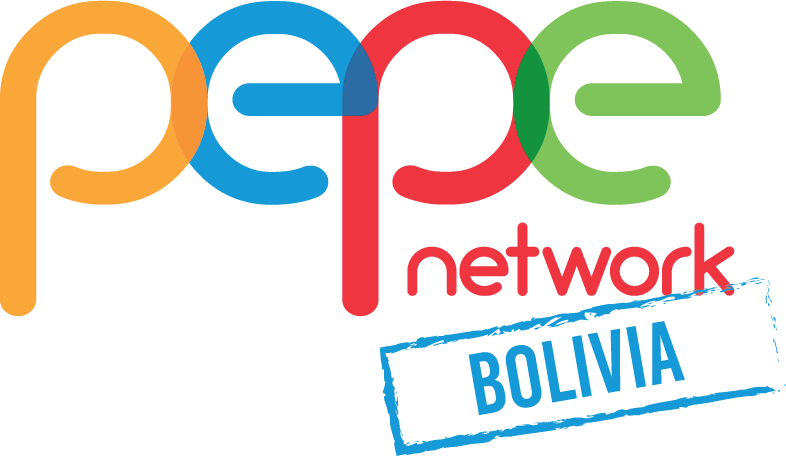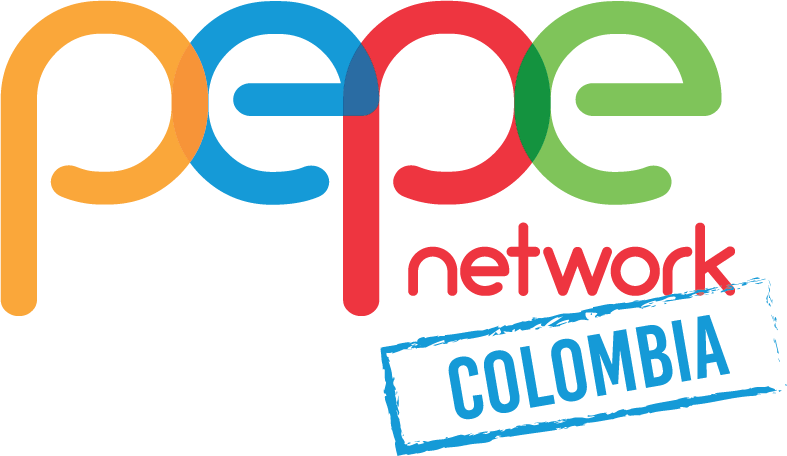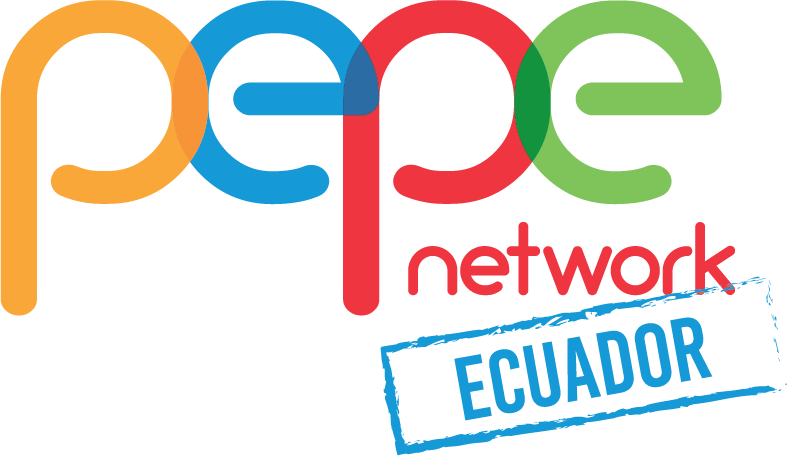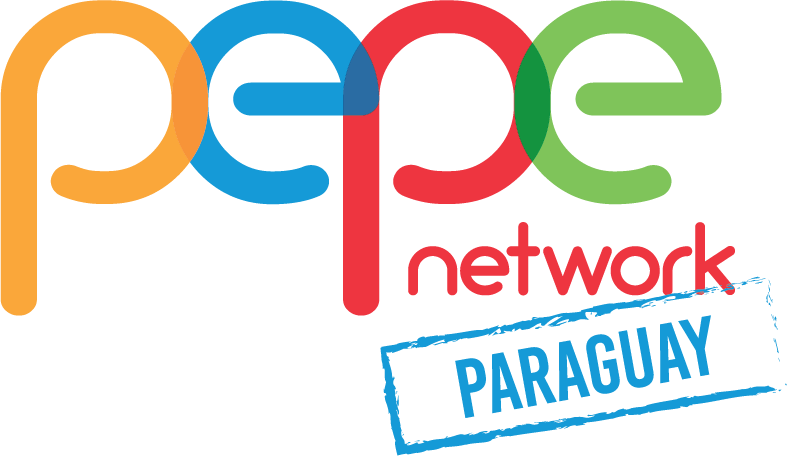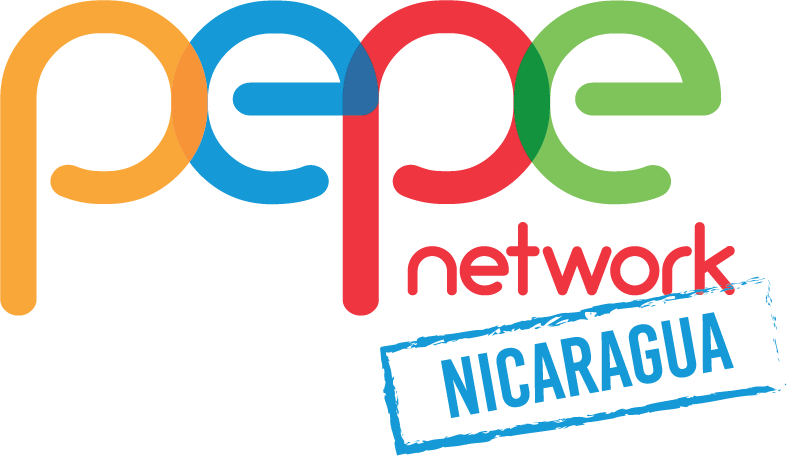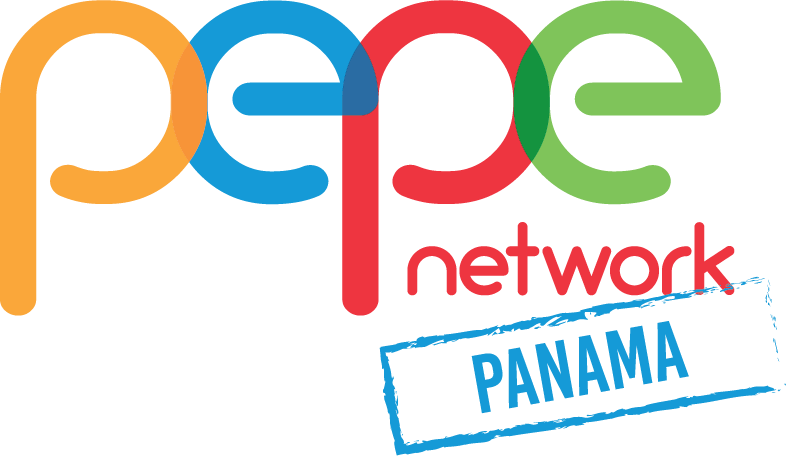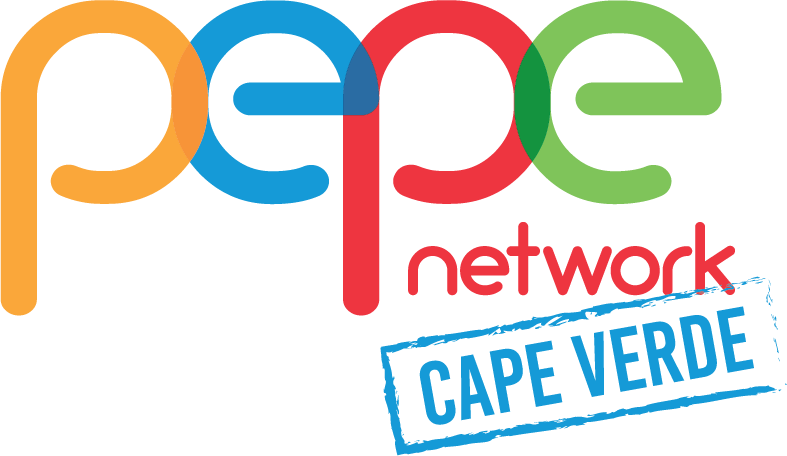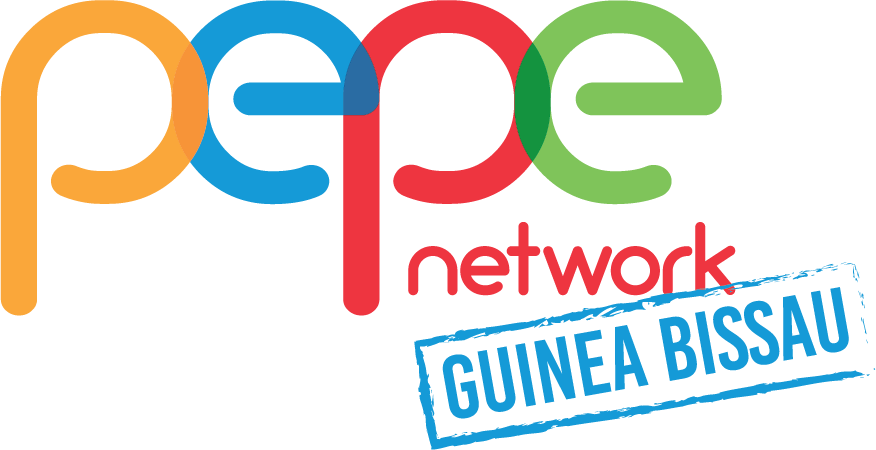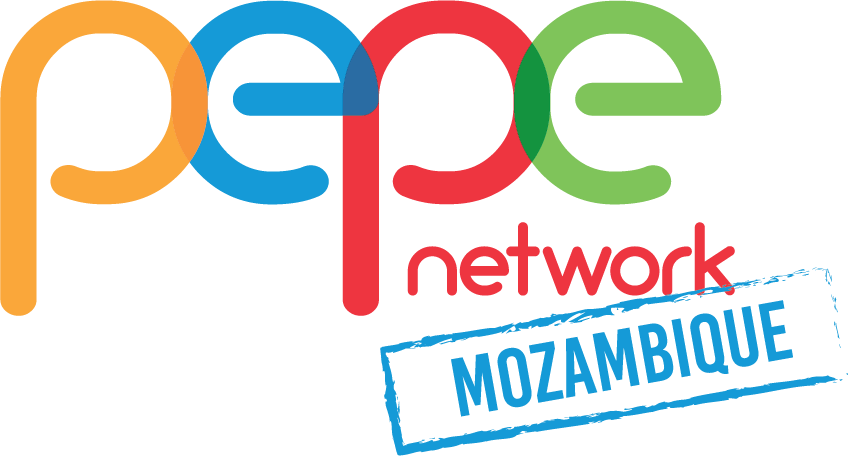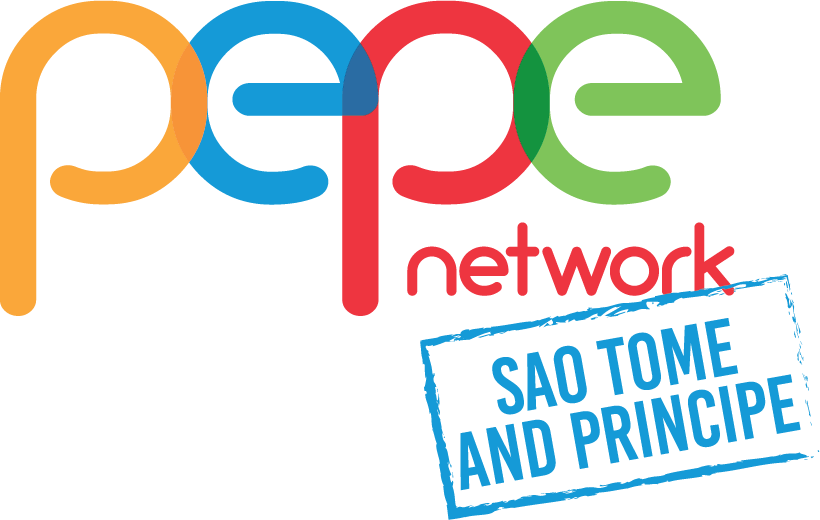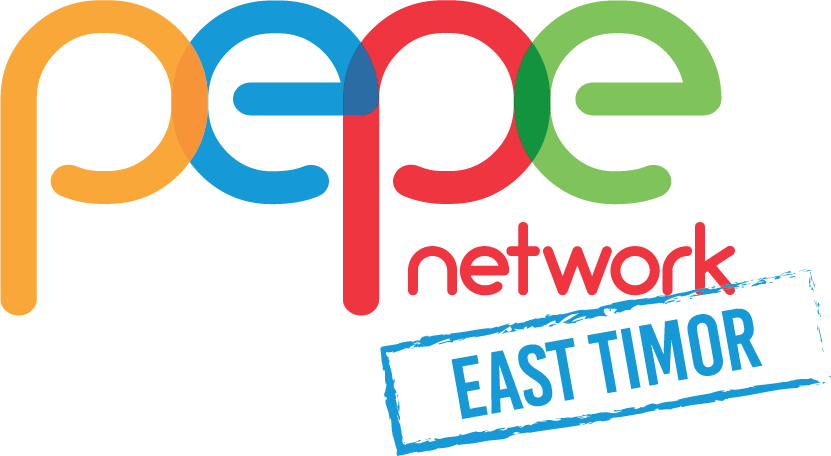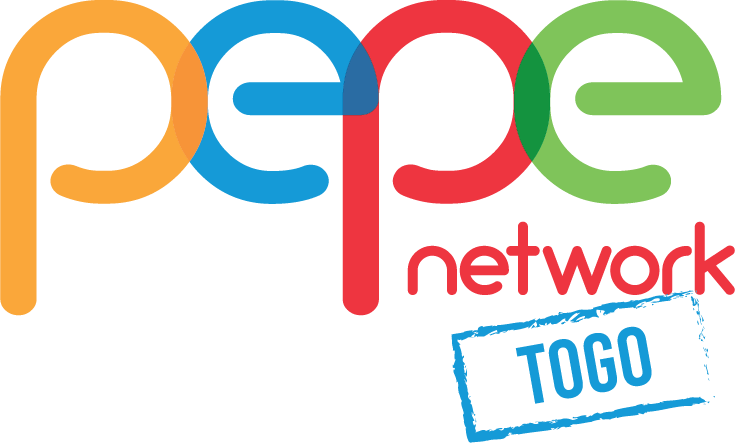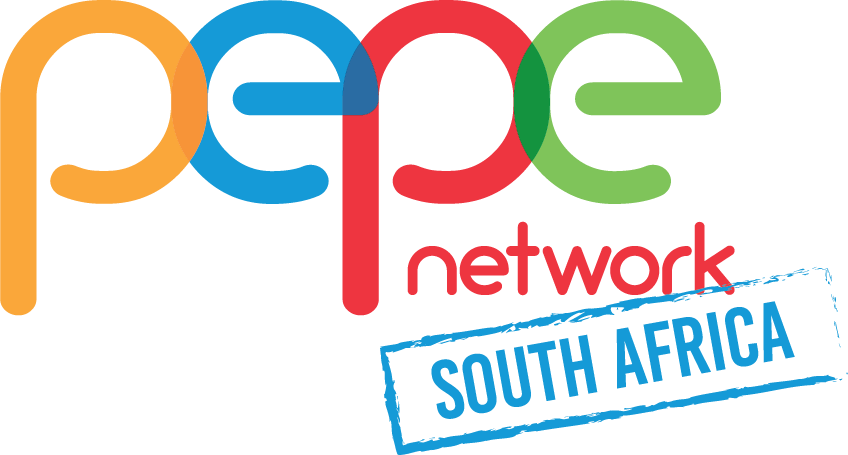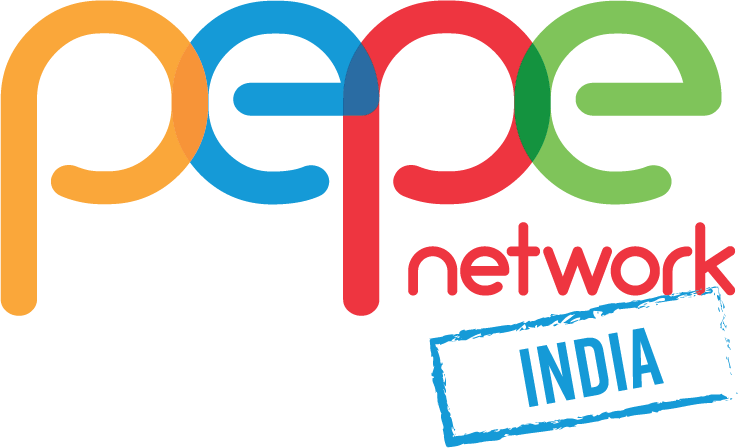Support the Program and its projects
You, your church, organization or company can support us.
If you wish to send a financial offering to PEPE INTERNATIONAL, contact the World Board Missions: pam@jmm.org.br
If you wish to make a bank deposit through World Board Missions, follow the bank accounts number:

C/C: 141900-5

C/C: 13001270-8

C/C: 1165-4 OP. 003
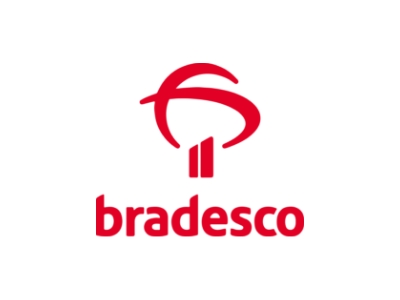
C/C: 59000-2
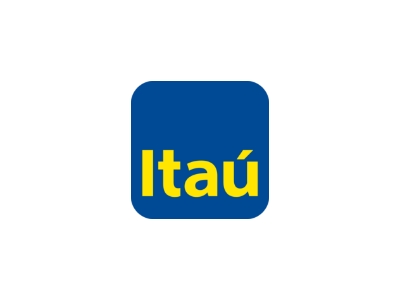
C/C: 651009
Junta de Missões Mundiais da Convenção Batista Brasileiro – CNPJ 34.111.088/0001-30
Start year: 2011
National coordinator: Graziela Alencastro
Motivation for the development of the Program: Poor neighborhoods, illiterate mothers, children out of school, the vicious circle of poverty, and child malnutrition.
Goals:
1. Reach preschool-age children and their families with the Gospel integrally.
2. Share Bible’s teachings with children and their families.
3. Expressing God’s love in a practical way (food/clothing in general/workshops and training courses/visiting children in their homes).
Targets for 2023:
1. Establish new PEPE units in 3 cities and/or departments where we are not present yet.
2. Have 32 PEPE units in operation.
3. Have 90% of PEPE children receiving assistance from POPE and PEPE GOES.
4. Have 8 units directly accompanying the children, through nutritional and health care.
5. Reopen 4 units closed due to the pandemic.
6. Perform operational excellence work in 50% of PEPE units in 2022 and 70% of the units in 2023.
Start year: 2005
National coordinator:
Mari Luz Fonseca Canaviri
Motivation for the development of the Program: According to UNICEF, in 2021, almost 3 million Bolivian children stopped attending school due to a health emergency. So we have an opening to reach these children who are socially vulnerable and lack access to preschool education. We have the opportunity to work side by side with churches that love children and want to act through PEPE to let other people know Jesus.
Goals:
1. Encourage church leaders to promote evangelistic missionary work.
2. Link the opening of new PEPE units to the church planting process.
3. Strengthening the churches through PEPE Program in the community.
Targets for 2023:
1. Open 6 new PEPE units across the country.
2. Have updated pedagogical material that can be used throughout the country.
3. Hold 2 PEPE’s congresses, online or in person.
4. Have 90% of the units conducting the dental program (POPE) and the PEPE GOES.
5. Have 5 units directly assisting the children through nutritional and health care.
6. Reopen 4 units that were closed due to the pandemic.
7. Perform operational excellence work in 50% of PEPE units in 2022 and 70% of units in 2023.
Starting year: 2011
National Coordinator: Maria AméliaSepúlveda García
Motivation for the development of the Program: To expand the kingdom of God through the experience of PEPE Program in Chile, in Educational Units, Childhood Improvement Projects, Children’s Homes, Churches, and Missions, bringing hope to the hearts of children, sharing and living the message of love from our Heavenly Father.
Goals:
1. To prepare, select and build quality educational material to support partners in the formation of Christian values for children and their families.
2. Deliver teaching materials (in different formats) to support missionary-educators, empowering through continuous training, online support and, creation of new teaching materials.
3. Strengthen the work with parents and guardians of children in the different units of PEPE.
4. Generate support networks to meet some of the economic-material needs of the children and their families.
5. Carry out extension activities in the training of children’s teachers in Educational Units and Churches.
Targets for 2023:
1. Promote the use of PEPE’s national and international pedagogical resources, including musical support materials, in at least 90% of the units.
2. Visit 10 churches and offer training workshops that enable them to improve their work with children.
3. Strengthen the work with parents and guardians of children in 90% of PEPE units.
4. Hold 2 national congresses to strengthen the national team.
5. Implement the health and nutrition prevention project in at least 40% of the units.
6. Have 90% of the units implementing the dental program (POPE) and PEPE GOES.
7. Open 8 new PEPES units across the country.
8. Reopen 4 units closed due to the pandemic.
9. Perform operational excellence work in 50% of PEPE units in 2022 and 70% of units in 2023.
Start year: 2011
National coordinator: Adalci de Ávila Angulo
Motivation for the development of the Program: Colombia is a country with many regions under severe poverty, where children of preschool age do not have the opportunity to learn, as in the indigenous communities of the Wiwa, Koguis and, other ethnic groups. PEPE has arrived to give children a new opportunity to receive comprehensive care and open doors to a better future.
Goals:
1. The care and safety of children and their families
2. That the children’s families may know and experience God’s love.
3. To seek resources and partnerships for the feeding and education of children, especially from indigenous communities.
4. To open up opportunities for studies and improvement of life in the educational area for missionary educators.
Targets for 2023:
1. Open 10 new PEPES units across the country.
2. Implement popular cafeterias in 80% of the PEPE’s due to the precarious situation experienced by the parents of the children in the programs, especially those from indigenous communities.
3. Start 4 PEPE units entering new ethnic groups, among them: Arhuacos.
4. Have 90% of the units implementing the dental program (POPE) and PEPE GOES.
5. Hold 2 national congresses to strengthen the national team.
6. Implement the nutrition prevention project in at least 60% of the units.
7. Hold a nationwide campaign to provide shoes and school supplies to 300 children at PEPE program, especially in the indigenous area.
8. Provide, through partnerships, half a scholarship so that 15 new missionary educators can do a bachelor’s degree in early childhood.
9. Reopen 4 units closed due to the pandemic.
10. Perform operational excellence work in 50% of the PEPE units in 2022 and 70% of the units in 2023.
Start year: 2006
National coordinator: Angélica María Marcillo Gutiérrez
Motivation for the development of the Program: A great opportunity to develop PEPE as a life-changing project for low-income children. Guide parents to have a better quality of life. Strengthen small churches and contribute to the opening of new churches.
Goals:
1. Guide the coordinators to comply with the procedures of PEPE International strategic plan.
2. Implement performance standards in all PEPE units.
3. Implement a proposal for training missionaries-educators for Inclusive Education.
Targets for 2023:
1. Use PEPE educational materials that reach at least 70% of the units, incorporating online videos into the new modality used by ME’s through WhatsApp and Zoom, ensuring good teaching for the child.
2. Ensure knowledge of the objectives of PEPE, train professional and non-professional ME’s, fulfilling the 48 hours of basic training.
3. Open 6 new PEPE units across the country.
4. Hold 2 PEPE congresses, online or in person.
5. Have 90% of the units implementing the dental program (POPE) and PEPE GOES.
6. Implement a health and nutrition prevention project in at least 30% of the units.
7. Reopen 4 units closed due to the pandemic.
8. Perform operational excellence work in 50% of PEPE units in 2022 and 70% of units in 2023.
Start year: 2002
National coordinator: Enrique Javier Galarza Guerrero
Motivation for the development of the Program: Paraguayan education is experiencing a prolonged crisis that places the country among the worst in the world in education (ONAC-PY). Paraguay has 11% of children in a state of malnutrition and hunger. PEPE arrived precisely to assist children in situations of vulnerability and poverty in the capitals and interior of the country, paying attention to illiterate families.
Goals:
1. Reorganize teaching through virtual means to continue developing activities with children.
2. Opening PEPE units in different sectors of impoverished communities.
3. Provide adequate health and nutrition to achieve better academic and well-being rates.
Targets for 2023:
1. Changes and adjustments in the educational system in 100% of the units to comply with MEC guidelines.
2. Promote training for at least 70% of missionary educators to develop projects that bless children. Projects related to food, protection and, health.
3. Organize a virtual platform for holding annual congresses with the national team on the digital age and education.
4. Open 12 new PEPE units across the country, prioritizing cities and/or departments where we are not yet present.
5. Have 90% of the units implementing the dental program (POPE) and PEPE GOES.
6. Implement a health and nutrition prevention project in at least 60% of the units.
7. Reopen 4 units closed due to the pandemic.
8. Perform operational excellence work in 50% of PEPE units in 2022 and 70% of units in 2023.
Start year: 2002
National coordinator: Clorinda Alberca Rodríguez
Motivation for the development of the Program: As a result of the arrival of the Pandemic, it is estimated that about 300,000 boys and girls stopped studying in 2020. In Peru, in the highlands and the jungle, there is a high rate of poverty and malnutrition. Churches need to be encouraged to reach children and their families.
Goals:
1. Train professional and non-professional missionary-educators in initial formation.
2. Challenge churches to work with PEPE Program to serve children.
3. Continue presenting PEPE proposal to local pastors.
Targets for 2023:
1. Carry out the continuous training program for missionary-educators in 90% of the units.
2. Have 90% of the units implementing the dental program (POPE) and PEPE GOES.
3. Support the creation of community kitchens to serve 3% of the communities where the PEPE units are located.
4. Open 10 new PEPE units across the country, prioritizing 3 cities and/or departments where we are not yet present.
5. Complement education by providing health, nutrition, protection, and education services to at least 50% of the units.
6. Reopen 4 units closed due to the pandemic.
7. Perform operational excellence work in 50% of PEPE units in 2022 and 70% of units in 2023.
Start year: 2015
National coordinator: Ruth Saraid Cordero Orellana
Motivation for the development of the Program: The situation of children in vulnerability, the critical moment of great needs and social deficiencies, extreme poverty, and the Church’s desire to take care of children and give them the opportunity of education and food.
Goals:
1. Implement a plan to raise awareness among leaders of the church’s missionary responsibility.
2. Feeding and training program for missionary educators.
3. Promote actions for the defense of children’s rights in 100% of the units of the churches that develop the PEPE.
4. Through the area coordinators, train 100% of the partner churches to carry out PEPE GOES .
Targets for 2023:
1. Start on the income generation pilot project along with the Church Development Committee to obtain snacks from 80% PEPE units.
2. Implement the PEPE Program in 90% of the states in the country (6 states to go).
3. Open 12 new PEPE units across the country.
4. Hold 2 PEPE congresses, online or in person.
5. Implement the health and nutrition prevention project in at least 80% of the units.
6. Have 90% of the units implementing the dental program (POPE) and PEPE GOES.
7. Reopen 4 units closed due to the pandemic.
8. Perform operational excellence work in 50% of PEPE units in 2022 and 70% of units in 2023.
Start Year: 2014
National Coordinator: Veronica Carolina Torrento de Cortez
Motivation for the development of the Program: One motivation is the Salvadoran population’s need for a program that takes into consideration the child and stops seeing them as objects, but rather as subjects. By seeing them as objects, only minimal effort is made to entertain them and not integrate them. This leads to the child being used by gangs from an early age, thus destroying his future success. Another motivation is the vicious circle of poverty, where there are no greater opportunities for children due to their little or no preparation, but by educating them comprehensively, they have the tools to fend for themselves in life, building and developing their early childhood from an early age.
Goals:
1. Participation of churches in the comprehensive development of children.
2. Improve the secular and spiritual educational standards of children who are part of PEPE project.
3. Overcome the malnutrition levels of children benefited by PEPE project, strengthening the partnership with CONVOY OF HOPE in the control of healthy children, following the group of nutritionists and doctors.
4. Strengthen partnerships with NGOs or oral health centers to hold care days for all children.
Targets for 2023:
1. Guide 100% of churches to maintain the partnership made with CONVOY OF HOPE for the donation of food for PEPE units.
2. Promote the training of 80% of the missionary-educators to carry out activities with the children, with simple proposals and materials, according to the national curriculum, so that they develop professionally to better teach the children based on new technologies.
3. Ensure the implementation of the Parents’ Committee in 100% of the PEPE units.
4. Open 12 new PEPE units across the country.
5. Hold 2 PEPE conferences, online or in person, and 2 prayer days.
5. Implement health and nutrition prevention projects in at least 90% of the units.
6. Have 90% of the units implementing the dental program (POPE) and PEPE GOES.
7. Promote the community development program and ensure that it is held in 30% of the units.
8. Reopen 4 units closed due to the pandemic.
9. Perform operational excellence work in 50% of PEPE units in 2022 and 70% of units in 2023.
Start Year: 2014
National Coordinator: Nora Mendoza
Motivation for the development of the Program: On average, a Guatemalan child attends school for 6 years, and then abandons it because they do not have the resources to continue their studies or need to work to support the family member (Plaza Publica). The lack of attention to children in the city and ethnic groups, and the lack of schools for preschool-age children, which led them to stay on the streets, often getting involved with criminal gangs, impacted and motivated us to implement PEPE program and help children, opening doors to a promising future.
Goals:
1. Academic support for preschool-age children.
2. Medical care and vaccinations to protect children from disease.
3. Nutritional support: have several churches offering breakfast and snacks for children.
Targets for 2023:
1. Diagnose the situation of 4 new states within the country to strengthen the work after covid-19.
2. Seek alliances with different organizations to support 30% of PEPE units in the health area, strengthening POPE at the national level.
3. Promote the training of missionary educators in activities with simple proposals and materials, according to the national curriculum.
4. Open 9 new PEPE units across the country.
5. Implement a health and nutrition prevention project in at least 70% of the units.
6. Have 90% of the units implementing the dental program (POPE) and PEPE GOES.
7. Reopen 4 units closed due to the pandemic.
8. Perform operational excellence work in 50% of PEPE units in 2022 and 70% of units in 2023.
Start Year: 2017
National Coordinator: Vilma Alejandra Milla Paz
Motivation for the development of the Program: Considered one of the poorest countries on the continent, children in the most vulnerable and dangerous areas do not have access to preschool education. PEPE has brought hope to these children, with an education completely based on the basic national curriculum and biblical and Christian principles to give hope to wounded hearts. PEPE Honduras has all the requirements that the Ministry of Education demands and its units are congratulated for the intellectual development and good preparation the children have had.
Goals:
1. A quality education with Christian principles, bringing hope to children at social risk in the poorest areas of the country.
2. Greater church growth through the conversion of the students’ families.
3. Strengthening Christian education in the churches that are part of the project.
Targets for 2023:
1. Monitor the educational work with 100% of the missionary educators to achieve the educational and teaching goals for the school year.
2. Constant communication with 80% of the children’s parents to support them by sending, via WhatsApp/Zoom, evangelistic videos in support of PEPE GOES, and family devotionals.
3. Provide resources and teaching materials for children who do not have access to technology, telephone, among others.
4. Open 4 new PEPE units throughout the country.
5. Hold 2 PEPE congresses, online or in person.
6. Implement health and nutrition prevention projects in at least 60% of the units.
7. Have 90% of the units holding the dental program (POPE) and the PEPE GOES.
8. Reopen 4 units closed due to the pandemic.
9. Perform operational excellence work in 50% of PEPE units in 2022 and 70% of units in 2023.
Start year: 2014
National coordinator:
Dan Salvador Tostado Martinez
Motivation for the development of the Program: With the arrival of the pandemic, 4.8 million children of preschool age are without access to education. PEPE stands to strengthen children’s ministry in churches, promoting social impact in communities where churches are located. Giving the opportunity for a better education, to hundreds of children living in a situation of social vulnerability in different cities and regions.
Goals:
1. Continue with PEPE’s effort to be part of the Baptist National Convention of Mexico.
2. Provide educational materials to the units according to the national curriculum and its physical and digital distribution.
3. Provide comprehensive care for preschool-age children and design a program to care for older siblings of primary-age children for greater family outreach.
Targets for 2023:
1. Open 6 new PEPE units across the country, reaching indigenous communities.
2. Conduct continuous formation with 80% of missionary educators.
3. Strengthen the promotion of PEPE in Mexico through social networks, by visiting 10 local churches at the appropriate time.
4. Hold 2 PEPE congresses, online or in person.
5. Have 90% of the units holding the dental program (POPE) and PEPE GOES.
6. Reopen 2 units closed due to the pandemic.
7. Perform operational excellence work in 50% of PEPE units in 2022 and 70% of units in 2023.
Starting year: 2014
National Coordinator: Sandra Lizeth Detrinidad López
Motivation for developing the Program: Despite being the largest country in Central America and rich in natural resources, Nicaragua is the second poorest country in Latin America. PEPE came to strengthen the churches, provide service to the communities surrounding the temples, provide educational attention to children, and bring the gospel to the residents of the communities.
Goals:
1. Serve the residents of low-income communities, in a practical way, by providing early education to children.
2. Bring the gospel to people in the community and children.
3. Projection and growth of the church.
Targets for 2023:
1. Strengthen the virtual PEPE-GOES, through training and formation of the missionary-educators in 90% of the units.
2. Promote the implementation of 6 new PEPE units focused on opening new missionary fields and/or churches.
3. Execute a continuous training plan for 90% of the missionary educators.
4. Promote the community development program and have the program being carried out in 30% of the units.
5. To open 8 new PEPE units throughout the country.
6. Have 90% of the units conducting the dental program (POPE).
7. Reopen 4 units closed due to the pandemic.
8. Perform operational excellence work in 50% of PEPE units in 2022 and 70% of units in 2023.
Start Year: 2015
National Coordinator: BelénPeñafiel de Francis
Motivation for developing the Program: As a result of the pandemic, many early childhood care centers, and many preschools, were closed. Therefore, PEPE is vitally important to give every Panamanian child the opportunity to receive comprehensive care, while partner churches will have their doors open for the evangelization of the child and their families.
Goals:
1. Early Childhood Evangelization: Children learn biblical stories and texts.
2. Reach out to families: Parents or guardians of children express that they get closer to God through children who pray and share the stories and biblical texts learned.
3. Witness of the churches: the community expresses the good witness of the churches for the attention and service provided to children.
4. Monitoring the topics taught to children to unify the PEPE national education plan.
Targets for 2023:
1. Maintain and improve communication with 100% of missionary educators through social media and platforms.
2. Implement and consolidate PEPE-VAI in person and/or virtual in 90% of the units.
3. Open 6 new PEPE units throughout the country.
4. Have 90% of the units conducting the dental program (POPE).
5. Implement health and nutrition prevention projects in at least 90% of the units.
6. Promote the community development program and have it implemented in 30% of the units.
7. Reopen 4 units closed due to the pandemic.
8. Perform operational excellence work in 50% of PEPE units by 2022 and in 70% of units by 2023.
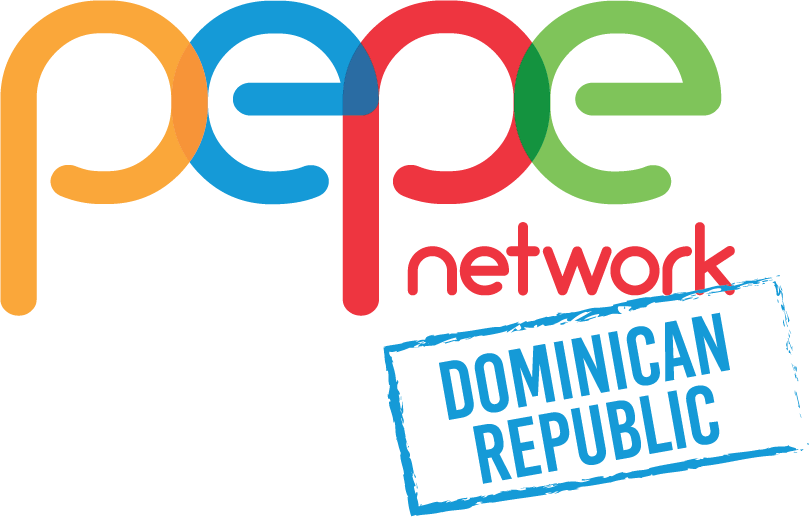
Starting year: 2010
National Coordinator: Juana Tereza Mora Rodríguez
Motivation for the development of the Program: In the Dominican Republic, an island in the Caribbean region, there are many children between the ages of 4 and 5 who do not attend school, missing the experience of early education. Most schools for this age are private and expensive. Since temple buildings are underused, we saw the possibility of blessing the children through the churches by setting up a PEPE unit, so underprivileged families could benefit. PEPE has been a good evangelistic tool for the communities.
Goals:
1. Educational: Be at the level of performance required by PEPE and the Ministry of Education, inserting more than 1,000 children in the national educational level.
2. Social: Integrate the community into the PEPE project, making the church known and relevant. Provide community support and help, including medical care, educational lectures, and parent training.
3. Missionary: Get children to take the gospel home, instructing their families in prayer and fear of God. Provide the opportunity for many church members to develop their missionary call by working directly in the local PEPE.
Targets for 2023:
1. Expand PEPE to 4 new cities in the country.
2. Open 8 new PEPE units across the country.
3. Reopen 4 units closed due to the pandemic.
4. Perform operational excellence work in 50% of PEPE units by 2022 and in 70% of units by 2023.
5. Conduct continuous education with 90% of the missionary educators.
6. Establish 2 new partnerships to obtain resources for PEPE.
7. Implement actions that promote community development in 30% of the communities where we have a PEPE unit.
8. Have 90% of the units conducting the dental program (POPE) and PEPE GOES.
9. Implement a preventive health and nutrition project in at least 50% of the units.
Start year: 2004
National Coordinator: Manuel Wafumbua
Motivation for developing the program:
a.The high number of children in situation of social vulnerability and without access to early childhood education in impoverished communities (suburban and rural areas).
b.Malnutrition of children due to drought and famine in the South of the country, namely in the provinces of Huila, Cunene, Cuando Cubango, Lunda Norte, and Lunda Sul, Bie, and Huambo.
c.The flight from fatherhood is one of the causes of many children living under violence, ill-treatment, child trafficking.
Goals:
1.Consolidate the Visits and Integral Support to children’s families (PEPE-GOES) in all units.
2.Implement PEPE in new interested churches already on our list.
3.Train the coordination team and missionary educators continuously.
4.Make feasible the implementation of complementary projects.
5.Expand the program in new areas.
Targets until 2023:
1.Achieve the basic level of performance standards in all units.
2.Increase by 20 more units by 2023.
3.Enable the implementation of at least two churches through PEPE.
4.Visit at least 90% of the enrolled children per year.
5.Train 100 church leaders per year.
6.Implement the complementary projects: POPE in 90% of the units and the Nutrition and Health Project in 30% of them.
7.Facilitate, through lectures, the implementation of a sustainability project in 1 community per year.
8.Have a consolidated monthly prayer program by 2023.
Start year: 2000
National Coordinator: Diva Monteiro
Motivation for the development of the Program: to share the Word of God with children, to reach their families and, to offer the opportunity of Pre-School Education.
Goals:
1.Expand PEPE to new areas of the country.
2. Consolidate PEPE-GOES (Child Support Visitation Program) in the PEPE units.
3.Empower pastors and leaders with the missional vision/ PEPE GOES
4.Implement the partnership plan at the local level
Targets by 2023:
1. Promote PEPE through social media in the country and, present at pastoral meetings.
2. Visit 100% of the families from PEPE
3. Open 4 new units in new communities through local churches
4. Seek more supporting partners and sponsors.
5. Train 50 leaders and pastors in the missional vision.
6. Participate in a child protection network.
7. Implement complementary projects: POPE in 90% of the units and Nutrition and Health Project in 30% of the units.
Start Year: 2010
National Coordinator: EnocaNhagaMassé
Motivation for the development of the Program: To evangelize children and their families, to help churches engage in missions, to bring dignity and quality education to preschool-age children, to value children by preparing them to enter school, offering a comprehensive education.
Goals:
1.Train the churches in the missional vision;
2.Implement 6 new units
3.Promote child protection among the churches and communities
4. Prepare children to enter school.
Targets by 2023:
1.Guide the implementation of two new units in the regions of the country.
2.Follow up and monitor the management of all PEPE units.
3.Train the leaders and missionary-educators with the new manual for the implementation of PEPE units.
4. Develop the complementary projects: POPE in 90% of the units and the Nutrition and Health Project in 30% of the units.
5.Implement the new program of initial and continuous formation of the missionary-educators.
6.Train a church on the child protection policy “My church a safe place”.
Start year: 2001
National Coordinator: Antonio Daniel Chiro
Motivation for the development of the Program: The difficulty in accessing education for a large part of the child population in communities and villages and chronic malnutrition are challenges at the national level, and even more pronounced in preschool-age children.
Goals:
1. Guide the implementation of PEPE performance standards at the national level with a focus on hygiene on an ongoing basis.
2. Train PEPE team at the national level.
3. Carry out continuous actions for the development of communities.
4. Implement the project “My church, a safe place”, focusing on creating policies to protect children and adolescents in an interested church.
Targets by 2023:
1. Open 11 more new units to reach 110 units by 2023;
2. Reach 250 more new children to achieve a total of 4650 children;
3. Reach another 35 new missionary educators to achieve a total of 320 ME’s;
4. Train 150 pastors or church leaders annually;
5. Monitor the implementation of sustainability projects in at least 1 church per region of the country per year;
6. Achieve at least 90% of PEPE units at the basic level of performance standards by 2023;
7. Start the implementation of the new program of initial and continuous training of missionaries educators in 2022.
Start year: 2003
National coordinator: Anilza Quaresma
Motivation for the development of the Program: A large number of children in situation of social vulnerability and without access to early childhood education in impoverished communities.
Goals:
1. Expand PEPE to new areas of the country.
2. Train the team of Educator Missionaries of PEPE.
3. Consolidate PEPE-GOES (Child Support Visitation Program) in the PEPE units.
4. Implement the new training program.
5. Implement the sustainability program.
Targets by 2023:
1. Increase PEPE by 2 more units.
2. Adjust the PEPE to the basic level of performance required by the Program in all units.
3. Expand PEPE to the city of Príncipe by 2023.
4. Finalize the PEPE legalization process in the country at the Ministry of Education by 2022.
5. Implement the sustainability project in 1 unit.
6. Establish a partnership with the Association of Evangelical Christian Churches of São Tomé and Príncipe.
7. Implement the “POPE” Project in all units.
Start year: 2016
National Coordinator: Madalena Marques
Motivation for the development of the Program: Bring hope to the hearts of children and their families, loving them as Christ loves them.
Goals:
1. Implement new PEPE units in the country.
2. Implement the parent committee in all units.
3. Cooperate in strengthening and planting churches with a missional vision.
4. Maintain and strengthen the PEPE-VAI program.
Targets by 2023:
1. To have 100% of the team actively participating in on-site and virtual continuing education.
2. To have 100% of the units with a parents’ committee formed and actively functioning.
3. To have 100% of the local leadership trained in their missional vision.
4. To have 100% of PEPE’s children’s families visited monthly.
Start year: 2019
National coordinator: Midokpè Lèvi Koudjo
Motivation for the development of the Program: Country with a high rate of children without access to education, according to government data, 85.7% of children in the age group covered by PEPE do not have access to education. The country also has a large number of UPG (Unreached People Groups) and, the local churches want to be prepared to work with this public.
Goals:
1. Participate in the development of communities where PEPE is inserted.
2. Contribute to the inclusion of girls in the school system, through the expansion of the Program to more communities in the country, especially in rural areas.
3. Develop awareness-raising activities on children’s rights and protection.
4. Promote initial and continuous training of staff to provide quality education in context with the Benin educational system.
5. Build partnerships with local organizations that work in defense of children’s rights and childhood development in the country.
6. Expand collaboration with local churches in the development of projects to plant and strengthen churches among the UPG (Unreached People Groups) of the country, and in the consolidation of a missionary vision of each believer.
Targets by 2023:
1. Encourage the development of a community in a vulnerable situation.
2. Promote access to education for preschool-age children, 52% of whom are girls.
3. Ensuring advocacy activities on children’s rights and protection with parents, the church, the community.
4. Implement the new system of initial and continuous training for PEPE staff in the country.
5. Participate in at least one local network that works with protection and other issues related to children.
6. Build and maintain partnerships with two local churches aiming at the strategy of transmitting the missionary DNA.
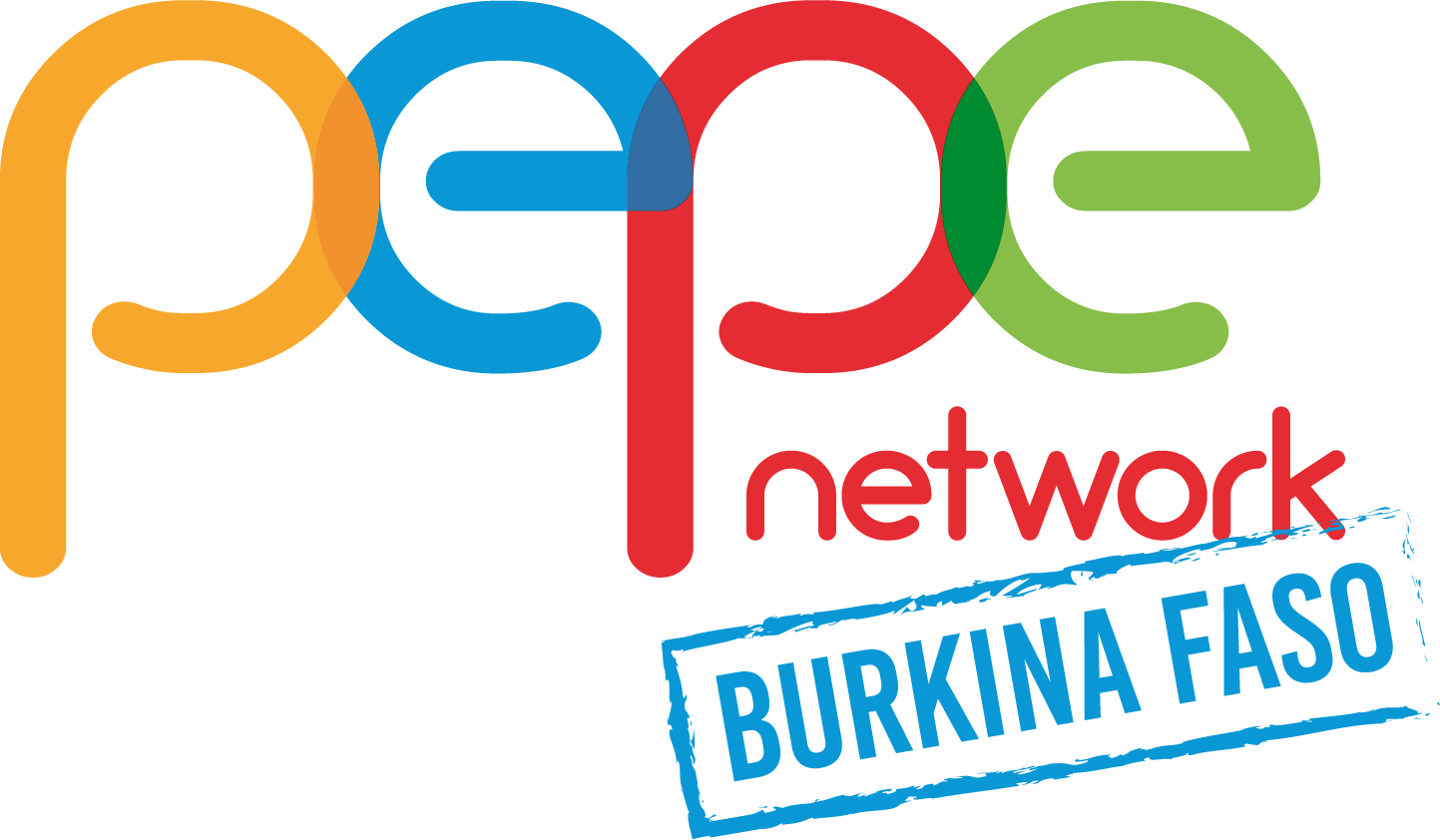
Start year: 2022
National Coordinator: Casimir Belem
Start year: 2003
National Coordinator: Momo Youla
Motivation for the development of the Program: To help the local church to be in contact with the communities. To give access to children without the opportunity to enter the education system.
Goals:
1. Offer children an opportunity to have a good education that encourages integral development, to help the community to participate in the children’s education.
2. Empower ME’s
3. Train the local church in the missional vision
4. Disseminate PEPE among evangelical churches and missions
5. Expand PEPE
Targets by 2023:
1. Make the PEPE unit a model project for quality education.
2. Apply basic level performance standards in all PEPE units.
3. Expand the program to new regions: Pita, Dubréka.
4. Consolidate PEPE-GOES (Child Support Visitation Program) in 100% of the units.
5. Implement complementary projects: POPE in 90% of the units and the Nutrition and Health Project in 30% of the units.
6. Establish partnership agreements with local organizations.
Starting Year: 2014
National Coordinator: Madame Guerline (in formation)
Motivation for the program development: access difficulty to education for great part of child population in communities and villages, and malnutrition.
Objectives:
PEPE Haiti passes by a restoration moment. Therefore we are investing efforts to restart the whole process of implementation of PEPE units in the country according to the Program guidelines.
1.Strengthen the unit of PEPE already implemented.
2. Continuous Formation for missionary-educator working.
Goals for 2020:
1. Make official the national coordination of PEPE.
2. Open at least two more units of PEPE in the capital.
3. Make at least three continued formations with all the missionary-educators.
Start Year: 2009
National Coordinator: Amos Dembele
Motivation for developing the Program: The need for children to have access to education and announce the good news of the gospel to children in the region.
Goals:
1.To provide preschool-age children of Mali with access to Preschool Education.
2.To lead children and families to know the good news of the gospel.
3.Implement more units in the country.
4.Promote PEPE in the media, social networks, and pastoral meetings
5.Train churches in the missional vision.
6.Train the ME’s
Targets by 2023:
1.Open two new units in the country.
2.Implementation of complementary projects such as POPE in 90% of the units and Nutrition and Health Project in 30% of the units.
3.Train 100 leaders on child protection.
4.Visit all the families from PEPE- PEPE GOES
5.Develop the new initial and continuous training plan.
7.Train a church on child protection “My church a Safe Place”.
Start year: 2007
National Coordinator: Marie Simone Nango
Motivation for the development of the Program: to help local churches to be relevant in their communities by offering children a good pre-school preparation that stimulates their social and spiritual development.
Goals:
1. Expand the number of PEPE units in different areas of the country.
2. Promote initial and continuous training for the entire PEPE team.
3. Train ME and local leaders
4. Train on child protection policy.
5. Implement the complementary projects
6. Promote PEPE
Targets by 2023:
1. Conduct a viability diagnosis for opening PEPE in a new area.
2. Implement the initial and continuing training according to the new plan.
3. Train a church on the “My church a safe place” protection policy
6. Develop POPE complementary projects in 90% of the units and the Nutrition and Health Project in 30% of the units.
4. Promote PEPE on social networks and pastoral meetings.
5. Participate in a child protection network
Start year: 2016
National coordinator: Afi-Kuma Djomakou
Motivation for the development of the Program: In addition to meeting the request of the local government to help facilitate children’s access to education, it also aims to contribute to the local church in its quest to reach the 22 PNA (Unreached Peoples) existing in the country. Another challenge is the access and permanence of girls in school, while among boys the permanence rate is almost 60%, among girls this rate does not reach 40% according to data from the Ministry of Education.
Goals:
1. Participate in the development of communities where PEPE is inserted.
2. Contribute to the inclusion of girls in the school system, through the expansion of the Program to more communities in the country, especially in rural areas.
3. Develop awareness-raising activities on children’s rights and protection.
4. Promote initial and continuous training of staff to provide quality education in context with the Benin educational system.
5. Build partnerships with local organizations that work in defense of children’s rights and childhood development in the country.
6. Expand collaboration with local churches in the development of projects to plant and strengthen churches among the UPG (Unreached People Groups) of the country, and in the consolidation of a missionary vision of each believer.
Targets by 2023:
1. Encourage the development of a community in a vulnerable situation.
2. Promote access to education for preschool-age children, 52% of whom are girls.
3. Ensuring advocacy activities on children’s rights and protection with parents, the church, the community.
4. Implement the new system of initial and continuous training for PEPE staff in the country.
5. Participate in at least one local network that works with protection and other issues related to children.
6. Build and maintain partnerships with two local churches aiming at the strategy of transmitting the missionary DNA.
Start year: 2011
National Coordinator: Vanessa Patience
Motivation for the development of the Program: the existence of many children in situation of social vulnerability and without access to early childhood education in needy communities. Preschool education is expensive, and not every child has access to it. And many families do not have the financial means for their children to have access. That is the reason why PEPE is an opportunity for families and children.
Goals:
1. Expand the project to more churches in the provinces where it’s already present and in new provinces.
2. Consolidate the missional vision: strengthen and plant new churches based on PEPE.
3. Train the team of missionary educators.
4. Train church leaders and pastors.
5. Build partnerships with like-minded organizations.
6. Implement the complementary PEPE projects.
Targets by 2023:
1. Open 3 more new units.
2. Reach 45 more children.
3. Reach 10 more missionary educators.
4. Visit all enrolled children each year.
5. Hold 3 lectures on advocacy for children’s rights per year.
6. Discuss with all units about income generation and sustainability projects
Start Year: 2016
National Coordinator: Stephanie Pauline Gomez
Motivation for developing the Program: the high number of children in underserved villages without access to Pre-School Education.
Goals:
1.Open two units;
2.Visit all the families of the children from PEPE/ PEPE GOES
3. Establish partnerships with other organizations and health professionals to carry out lectures and provide assistance to children and their mothers and other women in the community.
4.Raise awareness among parents about child protection.
Targets by 2023:
1.Opening of two new units.
2.Advertise PEPE in other churches and missions.
3.Begin the new initial and continuous training program for missionary educators in 2022.
4.Train local leadership to improve the development of the units.
5.Develop the complementary projects: POPE in 90% of the units and Nutrition and Health Project in 30% of the units.

Start Year: 2023
National Coordinator: Jacob Bala Joji
Start year: 2006
National Coordinator: Cecília M. S. Kamara
Motivation for the development of the Program: The need to reach an area dominated by Muslims, which has a large number of children with no access to formal education.
Goals:
1. To perform with operational excellence in PEPE units to better reach children and promote community development.
2. Train the Area Coordinator and the Team in the West.
3. Promote the complementary projects in the units.
4. Identify healthcare volunteers for consultations.
5. Expand PEPE
6. Train ME’s based on the new initial and continuous training plan
7. Raise awareness of churches and communities about child protection policy
Targets by 2023:
1. Expand PEPE to new areas of the country.
2. Establish partnership agreements and supporters.
3. Guide the implementation of performance standards in all units so that 90% of units reach at least the basic level required by the program.
4. Implement the complementary projects: POPE in 90% of the units and the Nutrition and Health Project in 30% of the units.
5. Empower a church on the “My church a safe place” protection policy.
Start year: 2020
National Coordinator: Pastor Vilas Raypure
Motivation for the development of the Program: High rate of children in situation of social vulnerability and without access to adequate pre-school education.
Goals:
1. Implement two new units in the city of Mumbai.
2. Strengthen and expand PEPE in India.
3. Implement the continuous training plan for the coordinator and ME’s.
Targets by 2023:
1. To have 100% of the team actively participating in continuing education.
2. To organize and establish the parents’ committee in 100% of PEPE units.
3. To have 100% of PEPE’s children’s families visited monthly.
4. To train 60% of local leaders on their missional responsibility.

Start year: 2023
National Coordinator: Halima
